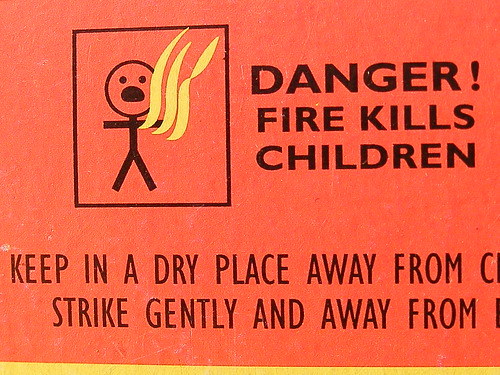
Last week I was at the ASME conference. The conference abstracts are available online but the conference does not facillitate or encourage the sharing of actual presentations ar this stage. It occurred to me whilst there that rather than having posters displayed in quite a small space and often lacking the opportunity to engage with the presenters, wouldn't it be much better to have these online in advance so that comments could be left for the authors.
I am suspecting that I am increasingly growing in distance from my medical education researcher colleagues. And this is the reason why. One of the presentations I attended was so good that before it ended I emailed the presenter (during the presentation!) and asked if I could have a copy and encouraged that it could be placed by them on Slideshare. This was work leading to a PhD but as yet unpublished in any other form. Today I gratefully received an email with a PDF of the presentation. But the accompanying message stated that the author had been advised not to upload the work as it contained unpublished material. They were happy for me to have it personally and share it informally.
I know that my audience here may well disagree that it is dangerous to share work in this way. But how do we manage to change perceptions? How would you counsel a PhD student you were supervising on this? Is it up to organisations such as ASME to lead the way in this? Or should institutions have policies? Is there any proof that sharing work does lead to better outcomes for students and the wider community?
I feel this is at the very edge of 'open science' and makes me realise how far there is to go.
Image: CC by Jacockshaw, Flickr.
EDIT: Here is the Friendfeed discussion that emerged around this post: